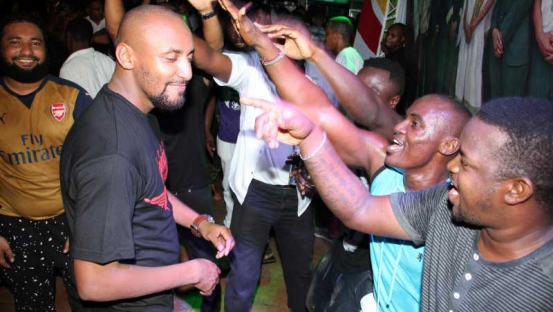×
The Standard e-Paper
Home To Bold Columnists

Mombasa’s year-round tropical climate, exquisite beaches and cultural attractions like the iconic Fort Jesus make it an alluring destination for high-end tourists.
In the last decade, however, it has been more of a family-oriented experience. A quiet relaxing atmosphere lit by candles where tourists, both domestic and foreign, exchange cultural lessons over a glass of wine.